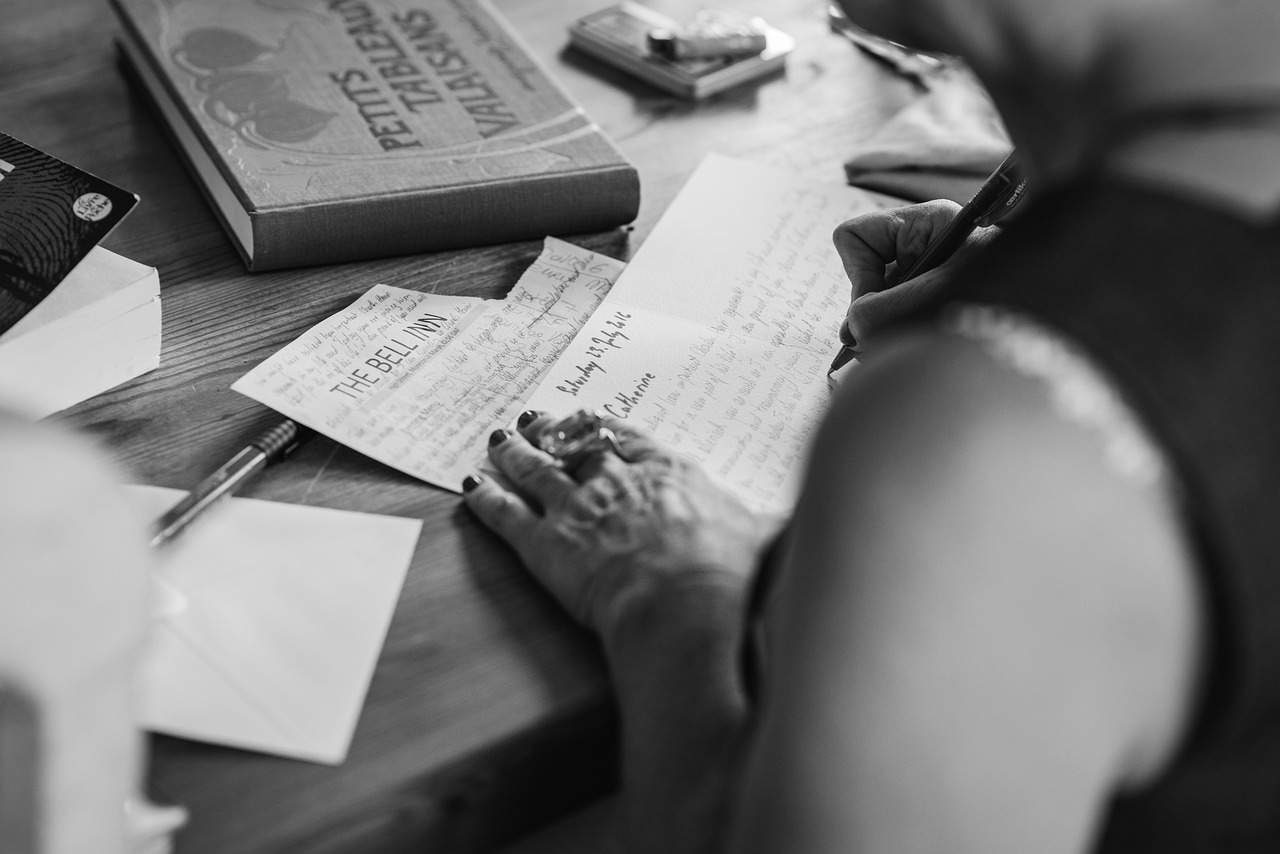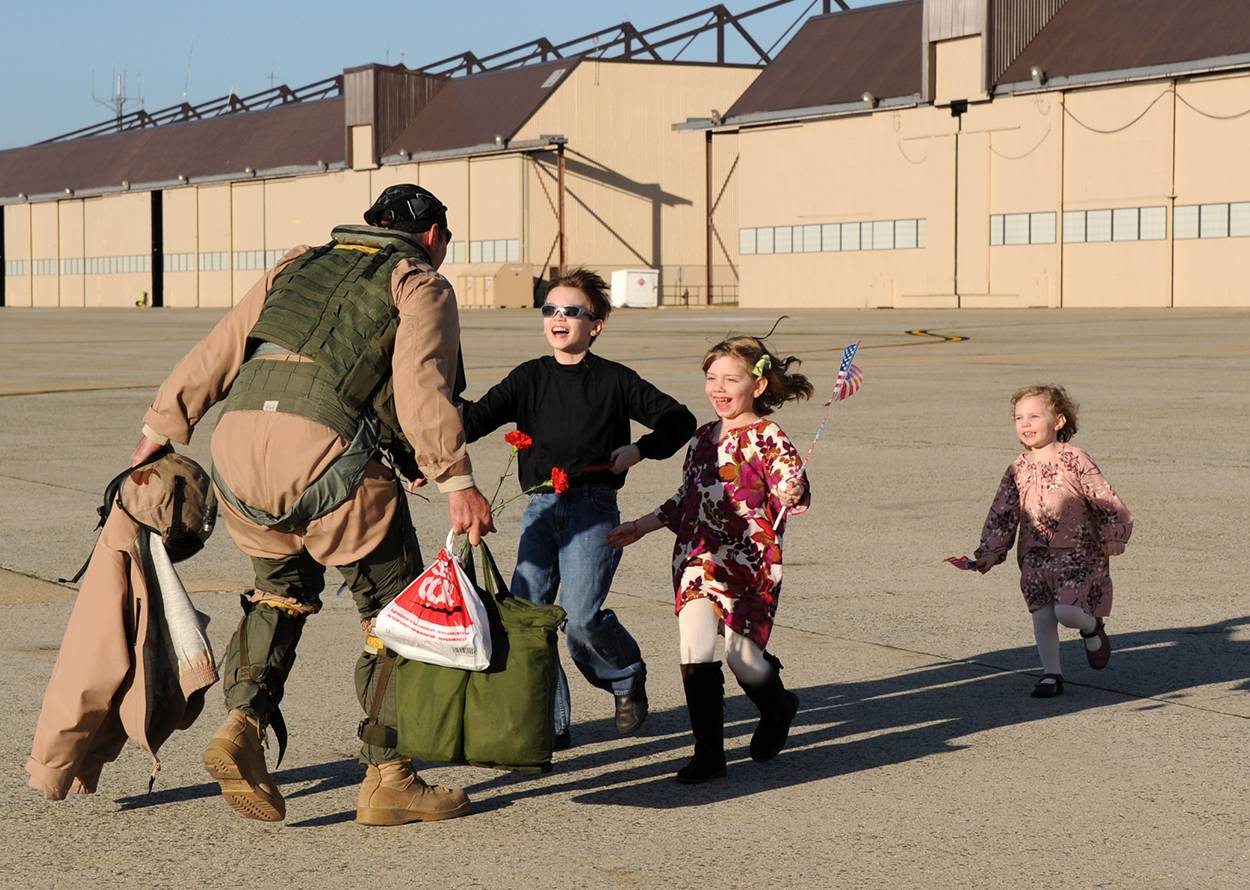Writing letters to soldiers is a powerful way to provide emotional support and comfort to those who are far from home. Personalized letters serve as a tangible reminder that people back home appreciate their sacrifices and are thinking of them. These letters can significantly boost the morale of soldiers, offering a connection to the civilian world and a sense of normalcy amidst the challenges of deployment.
Receiving a heartfelt letter can be a source of immense joy and encouragement for troops, helping them cope with the loneliness and stress of being away from their families and friends. It’s a small gesture that can have a big impact, bridging the gap between soldiers and the communities they protect.
Why Writing Letters to Soldiers Matters?
Writing letters to soldiers is a simple yet powerful way to enhance their morale by reminding them of their home and the unwavering support they have from the public. These letters serve as a vital link to the civilian world, providing a sense of connection and normalcy that can be deeply comforting during deployment.
Letters are more than just words on paper; they are a form of tangible emotional support. According to research, “Transitional objects are used across the lifespan to reduce anxiety and other feelings of discomfort. Examples of tangible transitional objects can include photographs, written letters, a journal, jewelry, insignia, tattoos, and articles of clothing. Examples of intangible transitional objects can include music, wishes, stories, dreams, and smells”. For many soldiers, receiving a handwritten letter serves as a transitional object, helping to soothe anxiety and provide psychological comfort amidst the uncertainties of military life.
Furthermore, a study by Smith College found that “the majority of participants carried a special possession during combat and found it to be soothing or psychologically helpful. Many participants said their dog tags have come to have special meaning, and for others, objects they received while deployed hold special meaning for them today”. This highlights the profound impact that personal items, such as letters, can have on a soldier’s mental well-being.
Additionally, there is evidence that caring letters can have significant mental health benefits. The Department of Veterans Affairs (VA.gov) launched a program sending caring letters to veterans, finding that such letters “can reduce the rate of suicide and suicide behaviors for individuals receiving them”. This underscores the life-saving potential of reaching out with simple, heartfelt messages.
How To Write a Letter To a Military Person
What to Include in Your Letters
When writing a letter to a military person, it’s important to include elements that provide comfort and boost morale. Consider the following:
- Expressions of Gratitude: A thank you letter to troops can be invaluable. Thank them for their service and sacrifices. Simple words of appreciation can mean a lot.
- Positive News from Home: Share uplifting news or stories from your community or personal life. This helps keep soldiers connected to the world they are protecting.
- Encouraging Words: Offer words of encouragement and support. Remind them that they are not alone and that their efforts are valued.
Keep the tone of your letter uplifting and respectful, ensuring that it brings a smile and positive thoughts to the recipient.
Should Letters Be Handwritten or Typed?
Handwritten letters have a unique personal touch and warmth that can convey care and effort. They are often cherished as special keepsakes. However, typed letters also have their benefits. They are easier to read, especially in environments where reading conditions might not be ideal. Both handwritten and typed letters are appreciated, so choose the method that feels most comfortable and sincere for you.
What Materials Are Best for Writing and Sending Letters?
When choosing materials for writing and sending your letters to soldiers, keep it simple and practical:
- Standard Writing Paper or Quality Stationery: Avoid embellishments like glitter or heavy adornments that could detach during handling.
- Permanent Ink Pens: Use pens with permanent ink to prevent smudging and ensure your message remains intact through various handling and weather conditions.
How Should I Prepare My Letter for Mailing?
Proper preparation of your letter for mailing ensures it reaches the recipient safely:
- Address Correctly: Ensure you have the correct address and include all necessary details.
- Secure Envelopes: Use durable, secure envelopes that can withstand handling during transit.
- Proper Postage: Make sure you use the correct postage to avoid delays or returns.
Where and How to Send Your Letters
To send your letters to soldiers, follow these steps:
- Process and Forms: Check if any forms are required for sending letters to military personnel. This might vary depending on the destination.
- Packaging Tips: Use secure packaging to protect your letter. Ensure it’s sealed properly.
- Shipping Address: Confirm the correct shipping address. Often, there are specific addresses or organizations that handle mail for soldiers.
- Privacy and Security: Respect privacy and security guidelines. Avoid sharing sensitive information in your letters.
Sending a letter to a soldier is a meaningful gesture that can provide much-needed support and connection. By following these guidelines, you can ensure your letter is well-received and makes a positive impact.
Support Beyond Letters
While writing letters to soldiers is a heartfelt way to show support, there are other impactful ways to assist our troops. One such method is through donations to programs like Cell Phones for Soldiers.
By donating old cell phones, you can provide communication resources to military personnel. These phones are recycled, and the proceeds are used to purchase international calling cards, enabling soldiers to call home and stay connected with their families.
Cell Phones for Soldiers also offers programs to help military personnel and veterans. Learn more about our initiatives on our programs page, or consider making a donation today.
In conclusion, supporting soldiers through organizations like Cell Phones for Soldiers extends our gratitude and support beyond letters. Every gesture counts in showing appreciation for their sacrifices and keeping them connected with their loved ones.



